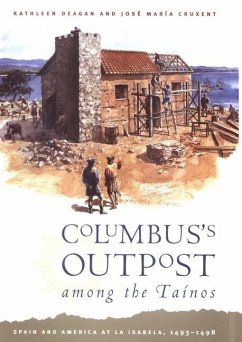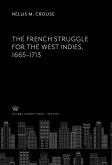In 1493 Christopher Columbus led a fleet of seventeen ships and more than twelve hundred men to found a royal trading colony in America. Columbus had high hopes for his settlement, which he named La Isabela after the queen of Spain, but just five years later it was in ruins. It remains important, however, as the first site of European settlement in America and the first place of sustained interaction between Europeans and the indigenous Tanos.Kathleen Deagan and Jos Mara Cruxent now tell the story of this historic enterprise. Drawing on their ten-year archaeological investigation of the site of La Isabela, along with research into Columbus-era documents, they contrast Spanish expectations of America with the actual events and living conditions at Americas first European town. Deagan and Cruxent argue that La Isabela failed not because Columbus was a poor planner but because his vision of America was grounded in European experience and could not be sustained in the face of the realities of American life. Explaining that the original Spanish economic and social frameworks for colonization had to be altered in America in response to the American landscape and the non-elite Spanish and Tano people who occupied it, they shed light on larger questions of American colonialism and the development of Euro-American cultural identity.
Dieser Download kann aus rechtlichen Gründen nur mit Rechnungsadresse in A, B, BG, CY, CZ, D, DK, EW, E, FIN, F, GR, HR, H, IRL, I, LT, L, LR, M, NL, PL, P, R, S, SLO, SK ausgeliefert werden.









